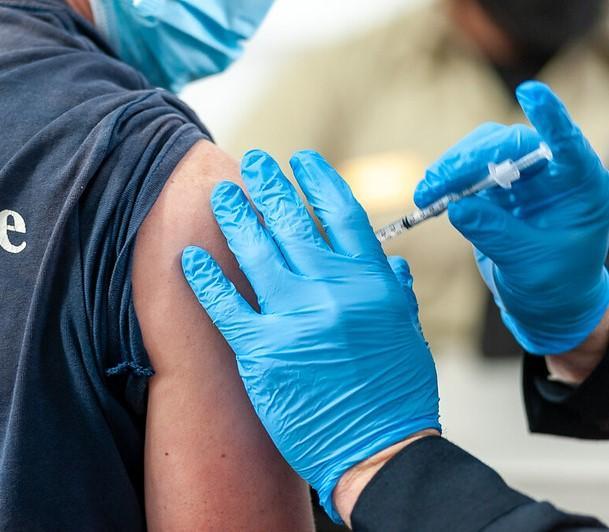
A multicenter study published yesterday in Emerging Infectious Diseases shows significant long-term symptoms among adults hospitalized for pneumonia during acute COVID-19 infection a full year after hospitalization.
The study observed patient from the United States, Kenya, and Peru who were enrolled in one of five clinical trials tracking outcomes from severe COVID-19 infections. At the time of enrollment in the parent studies, the authors said, 158 participants (91.3%) were not on mechanical ventilation, whereas 15 (8.7%) required mechanical ventilation or extracorporeal membrane oxygenation. The average patient age was 56, and 52.6% of participants had lung abnormality imaging at baseline.
Almost half had lasting fatigue
Of 134 patients who completed follow-up through 12 months, 29.5% reported cough, 34.7% reported shortness of breath, 32.4% had residual lung texture abnormalities on computed tomography (CT) scans, 15.0% had impaired lung capacity, 30.1% had cognitive impairment, and 44.5% noted lasting fatigue. Cardiac function remained unchanged from baseline for most participants.
Cognitive impairment and fatigue were closely related to underlying health condition seen at baseline, most notably high blood pressure, the authors said.
Our findings underscore the extended health effects of COVID-19 beyond its acute phase and reinforce the importance of regular monitoring of patients with severe COVID-19.
"The high prevalence of lung abnormalities at baseline, measured at a median of 155 days after participants completed the parent study, aligns with postacute COVID-19 syndrome and meets the definition for long COVID," the authors wrote. "The severity of acute infection, age, and certain underlying conditions might influence the long-term sequelae of COVID-19. Our findings underscore the extended health effects of COVID-19 beyond its acute phase and reinforce the importance of regular monitoring of patients with severe COVID-19, particularly in older patients and those with underlying health conditions."













